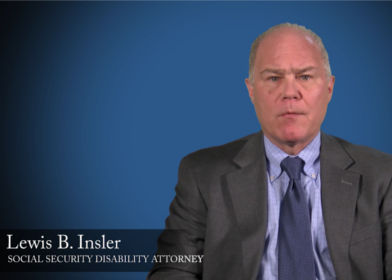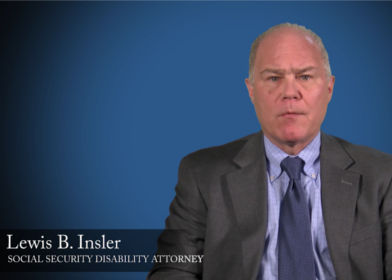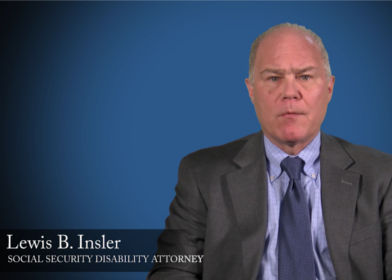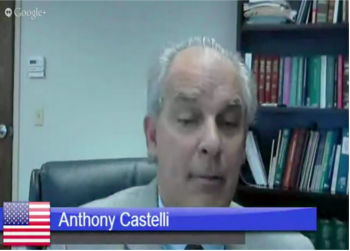Construction Injuries in Ohio
We were just talking about the importance of work in terms of a personal injury case. I want to transition now and talk to you a little bit about another type of case that I know that you handle quite a few of, and that’s construction accidents.
As a guy who’s out walking around Chicago, and driving around city streets during the summer months, I see construction projects everywhere. A lot of these projects they’re assembled fairly quickly, and a lot of times there’s a lot of– there’s a rush to get a project done, particularly before the fall.
In these particular types of cases, where you have these skilled construction workers who are out there busting their behinds to earn a living. In these type of cases, if someone is injured on the job – they’re working on a busy construction site and they’re injured on the job – from a legal perspective, what type of benefits does the law in Ohio afford them when it comes to seeking recourse for their injuries?
Worker’s Compensation Benefits
Anyone in Ohio that’s injured in the course and scope of their employment can get worker’s compensation benefits, which primarily, it’s fairly major too, and it’s sad to say it’s been cut down as we’ve gone on through the years, because of where– well, I’m going to say it – Chambers of Commerce favor the business people, and the business people got the money, and they got the lobby, and so the worker– the benefits that they once had, don’t have what they used to have. They can get paid partially their wages for the most part. While they’re healing up, they get medical care while they’re healing up – of their own doctor. I know there’s some legislation that they’re thinking about if you’re gone on too long, you’ve got to switch to a worker’s comp doctor.
If you’re making $24 an hour, you’re only going to get part of your wages paid, because it’s capped at about $800 a week here in Ohio. You’re going to get medical treatment, but you’ve got to go through a managed care organization to get that approved, so there’s all these kind of hoops– it’s a battle. Then there’s some small benefit if you’ve got a permanent impairment, you get impairment award.
Can You Sue Your Employer
Ultimately you can settle your case. You can’t sue your employer. Everybody for the most part– the employer’s not always done something negligent, but done something a little bit that contributed to it, and then they treat the employee pretty crappy but unless they fire you, the retaliation for firing a worker’s compensation claim– or they intend to hurt you, like putting a gun to your head. We don’t have the ability– it’s a trade-off, they’re immune from a lawsuit.
Third Party Claims
What you look for, and I know that you do this too, is there an independent third party that caused the accident? Were you on the job as the electrician and the pipe-fitter from another company dropped a pipe down on your head, then you actually now have two claims – you have your worker’s compensation claim – now you have a claim for pain and suffering, the rest of your lost wages, loss of enjoyment of life – that could be as valuable, or even more valuable. The two of them together– you don’t get to double-dip in Ohio.
Back in the old days you used to. By that I mean, if worker’s comp pays you something, that you get compensated for the third party claim, we have a formula you’ve got to pay that back. That’s why I like to manage both cases, I do both, I don’t ship one out. I want to know what kind of evidence is created, what’s going on in both cases. You can manage both cases to the benefit of the claimant. That happens in the construction industry. It happens to the Federal Express driver that’s rear-ended in a car accident. He’s hurt while driving around. He’s got a worker’s comp claim. He’s got a third party claim against the car– at the person who caused his car accident. Their complicated, as you know also.
Yeah, it sounds like basically every single work-related injury should at least be looked at by an attorney with an eye towards potentially pursuing a third party case. Is that pretty much a safe blanket statement to say?
Yeah, definitely. You really do want to see if there’s someone else. It can’t be a co-employee, that doesn’t count because that is construed to be an employer, so if you’re coming out of a parking lot and your co-employee rams into you, you probably in Ohio only ever have a worker’s compensation case. But if it’s the guy from the other business next door that hits you, even though that you’re in the parking lot, those are interesting cases. You may be leaving work, but if you haven’t been out of the zone of employment, so to speak, in Ohio– again it gets complicated. You can have a worker’s compensation claim, as well as a claim against a third party for their negligence, your pain and suffering, your loss of enjoyment of life, the rest of your medical wages that weren’t compensated for.
By: Anthony Castelli





